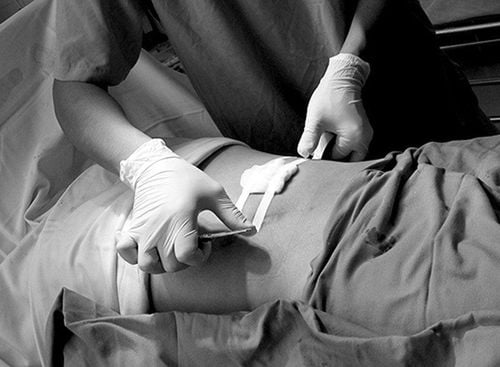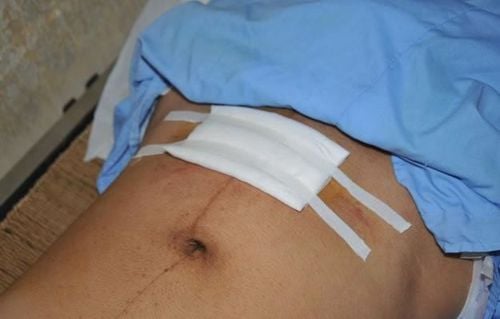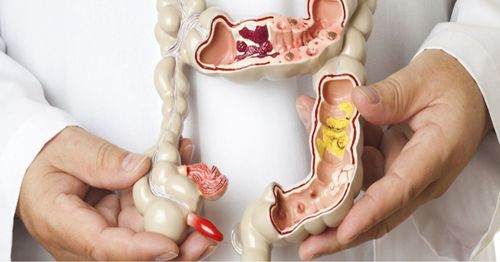This is an automatically translated article.
Fasting is one of the familiar regulations to prepare before surgery. However, why fasting before surgery, how long before surgery is reasonable or how fasting is not known. The information below will hopefully be useful, helping you to prepare for the most thoughtful surgery.1. Fasting before surgery like?
If you are scheduled to have an upcoming surgery, you will need to be told by the medical staff that you should not eat or drink for 8 to 12 hours before the surgery. Unless you are still allowed to take your medication the morning before surgery with a few sips of water, the rule that no food or drink be consumed before surgery really means you are given absolutely nothing. into the mouth. Whether it's just an accidental snack or even a sip of water, your surgery runs the risk of further delay or cancellation.One advantage is that most people sleep during the entire fasting period of 8 to 12 hours before surgery when there are so many surgeries scheduled for early morning. Patients may stop eating around the night before surgery and then not drink anything from the moment they wake up until the surgery is complete. In some special cases, your doctor may order an intestinal preparation. At this time, the patient needs to drink a solution to dilute the waste to completely remove the substances in the digestive tract out, creating favorable conditions for laparotomy cases, limiting infection.
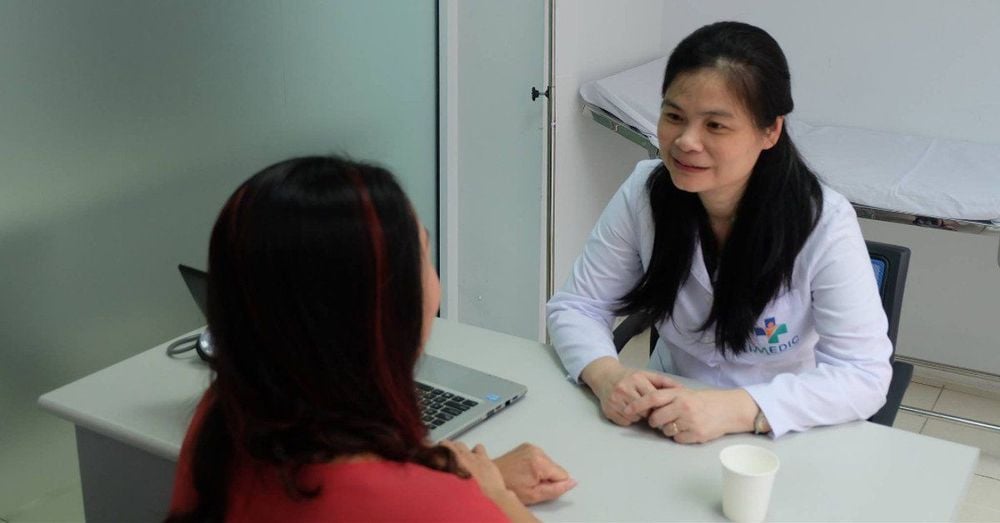
Nhịn ăn trước phẫu thuật
2. Why fasting before surgery?
There are many reasons why patients are asked not to eat or drink before surgery, one of which is serious complications that can occur when food is present in the stomach. during anesthesia.2.1. Respiratory function If food or drink is accidentally dropped into the airway, the body will react by coughing or vomiting violently to protect the airway.
When under general anesthesia, your ability to react the same is no longer there because all the muscles are paralyzed. At the same time, you have lost consciousness so you no longer know how to cough up, the risk of suffocation due to aspiration is very high. In addition, the patient will have a tube inserted into the airway, called an endotracheal tube. This is a way for anesthesiologists to attach to ventilators, pump oxygen and suction periodically, and can make it easier for medical staff to aspirate secretions that can cause airway obstruction. However, this cannot protect you completely if you have a full stomach.
2.2. Intestinal preparation If surgery will be performed on a segment of the digestive system, the presence of food residue in the intestinal lumen can make surgery more difficult and increase the risk of infection. Therefore, eating or drinking before surgery may cause the surgery to be cancelled.
In some cases, if emergency intestinal surgery is needed, the medical staff will have to completely empty your digestive tract by administering drugs that increase expulsion or physical manipulations to help the The waste is eliminated as quickly as possible.
2.3. Nausea and vomiting problems Nausea and vomiting after surgery is one of the most common complications upon awakening. This may be easier to limit if the patient has previously had an empty stomach. Treatment with antiemetics is likely to relieve this symptom; However, it will be difficult to be effective when the digestive tract is full.
In addition, if you have consumed food or water in the stomach when preparing for surgery, the patient will be very prone to vomiting when the anesthesia is started. The combination of anesthesia, muscle relaxants, and intubation will cause the patient to inhale vomit into the lungs. Food or liquid from the digestive tract when inhaled will quickly lead to pneumonia, a lung infection caused by chemicals. The best way to prevent this risk is to have a completely empty stomach before surgery.
3. How long before surgery?
If you've had surgery, the rule not to eat or drink before surgery will become familiar. However, there is no consensus among experts for how long to fast. Some views agree that the fasting period does not need to be too long and depends on the subject and the nature of the surgery.In general, in recent years, preoperative preparation guidelines have relaxed the fasting period but have not changed as the patient is not allowed to eat or drink since midnight before the surgery. It will be easier to accept a request to fast if you have been scheduled since the afternoon, all preparations will become more proactive. Not only that, if any assistance is needed, the surgeons and anesthesiologists are available to accommodate your wishes.
Although fasting will help reduce the risk of aspiration, some studies have shown that leaving the stomach empty for too long does not reduce this risk any more. Even if the body suffers from starvation, the recovery process is sometimes difficult.
Besides, if you fast for too long, it can lead to headaches, nausea, dizziness and dehydration. Dehydration can be severe, thickening the blood, making it difficult for staff to draw blood for testing, and easily lead to erroneous results.
In the guidelines for fasting before surgery, the American Society of Anesthesiologists stipulates that the duration of fasting should be appropriate for the subject (adult or child) and the nature of the surgery (time to induce surgery). long or short anesthesia, intra-abdominal or extra-abdominal surgery, etc.). In most cases, the usual rule of fasting is:
Major meals, including fried, high-fat foods and meats, should be stopped up to eight hours before surgery; Very light meals, such as toast and tea and milk, should be stopped up to six hours before surgery; Clear liquids, such as water, clear tea, black coffee, carbonated drinks, and non-alcoholic fruit juices, should be discontinued up to two hours before surgery.
4. How to eat before surgery
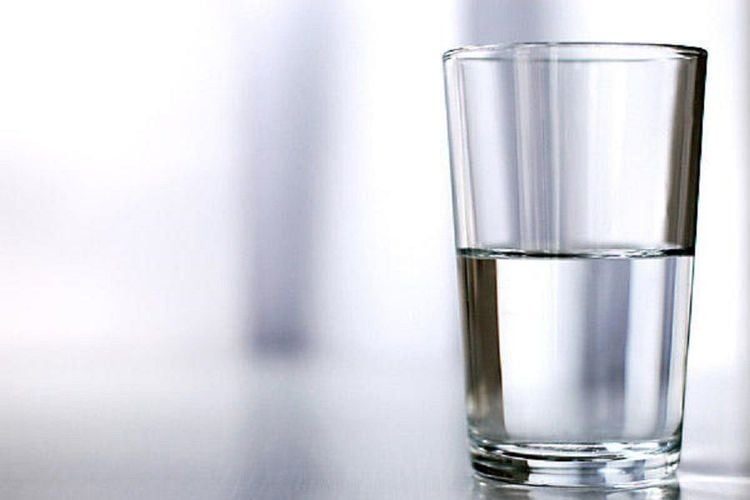
Lưu ý trước khi phẫu thuật
Drink plenty of water, just plain plain water until your urine is clear and mostly colorless. You may feel more comfortable when your body is well hydrated. Post-operative pain will be greatly reduced thanks to that. Not only that, water also helps you to become more relaxed, reduce stress and full of energy in the days waiting for surgery.
For your last meal before surgery, you may be tempted to overeat before having to fast for the next 8 to 12 hours. However, it is necessary to be firm and not give in to temptations because eating more than usual may not ensure the purpose of fasting before surgery. Instead, have a light evening of soup and salad with your last meal before surgery. A large meal takes longer to fully digest and can affect surgery early the next morning.
In short, fasting before surgery should be clearly prescribed and reasonably followed. Excessive abstinence sometimes adversely affects the quality of surgery. Knowing these things and doing them well is one way to make the surgery for yourself or a loved one more convenient.
Please dial HOTLINE for more information or register for an appointment HERE. Download MyVinmec app to make appointments faster and to manage your bookings easily.
Reference source: uclahealth.org





